Delhi, Apr 26 (V7N)- The tensions between India and Pakistan have escalated dramatically in the wake of the terrorist attack on tourists in Pahalgam, Indian-administered Kashmir. Both nations have engaged in retaliatory measures, with particular focus on the Simla Agreement and the Indus Waters Treaty. Pakistan has recently threatened to suspend the Simla Agreement, a move that has drawn significant debate within the country.
The debate about withdrawing from the Simla Agreement has gained momentum in Pakistan. Pakistani journalist Hamid Mir expressed his support for this step, arguing that if India is willing to exit the Indus Waters Treaty, then Pakistan should also consider withdrawing from the Simla Agreement, which does not involve any international organization in its mediation.
Former Prime Minister of Pakistan-administered Kashmir, Raja Mohammad Farooq Haider Khan, echoed these sentiments, stressing that Pakistan's withdrawal from the Simla Agreement would provide a path to raise the Kashmir issue in international forums without diplomatic constraints. Many citizens and analysts in Pakistan feel that the Simla Agreement has hampered their ability to internationalize the Kashmir issue.
Signed in July 1972 after the Indo-Pakistani War over the Bangladesh Liberation War, the Simla Agreement aimed to ease tensions and prevent further conflict between the two countries. Key elements of the agreement included:
-
Bilateral talks: The agreement emphasized resolving issues through dialogue and peaceful means.
-
Line of Control (LoC): Both sides agreed to respect the LoC and refrain from taking unilateral actions.
-
Troop withdrawals: The agreement also called for the withdrawal of troops from each other's territories.
However, both countries have repeatedly accused each other of violating the terms of the agreement, with ongoing tensions particularly over Kashmir.
Sushant Sarin, a senior fellow at the Observer Research Foundation (ORF), believes that Pakistan’s withdrawal from the Simla Agreement would have little impact on India. He suggested that Pakistan has already effectively ignored the agreement by engaging in actions such as the Kargil War and providing sanctuary to terrorists. Sarin noted that India could continue addressing issues through stronger measures if needed.
However, Mirza Saib Baig, a Kashmir researcher and Oxford University fellow, argued that the Simla Agreement is still valid and both countries are bound by its terms. He criticized Pakistan for failing to hold India accountable for alleged violations of the agreement, particularly regarding Kashmir.
The most pressing question is whether the suspension of the Simla Agreement will affect India. According to Professor Mahendra P Lama from Jawaharlal Nehru University, the abrogation of Article 370 in Jammu and Kashmir by India does not violate the Simla Agreement, as it concerns India’s internal constitution. He emphasized that if Pakistan withdraws from the agreement, it will have little to no impact on India, given that Pakistan has not adhered to the agreement for years.
Michael Kugelman, a foreign policy analyst, pointed out that while both agreements were originally meant to provide a framework for cooperation, in practice, they acted as safety nets. He warned that abandoning them could lead to heightened risks in the bilateral relationship.
The Simla Agreement is increasingly seen by many in India as a "dead agreement", with analysts like Professor Lama suggesting that Pakistan’s potential withdrawal is less of a concern and more of a formalization of what has already transpired. While tensions continue to rise, the Indus Waters Treaty remains a living agreement, and any actions that jeopardize it may carry more significant consequences. As the situation evolves, the international community will closely watch how both nations navigate their longstanding disputes and whether any progress can be made toward peace.
END/MSS/AJ



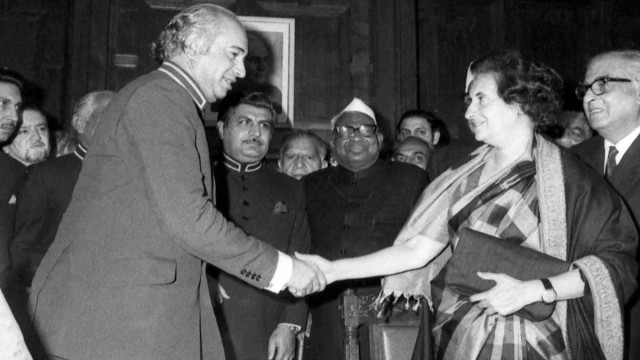
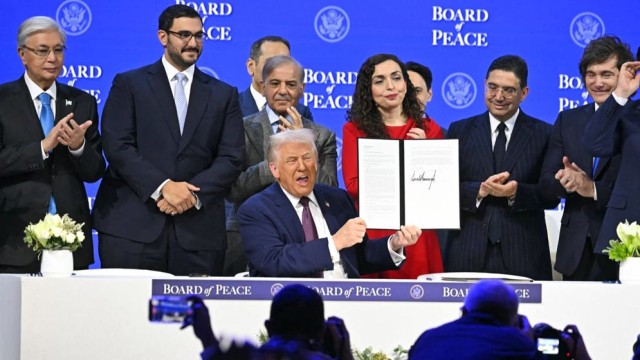

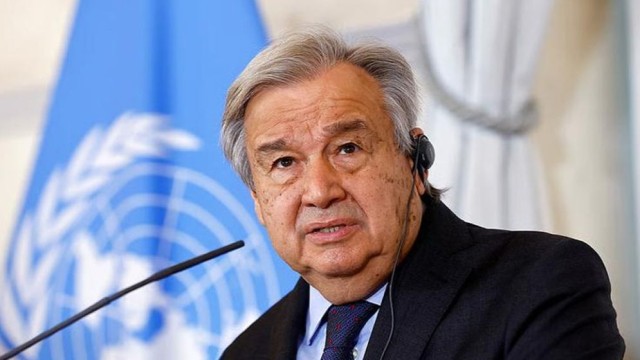

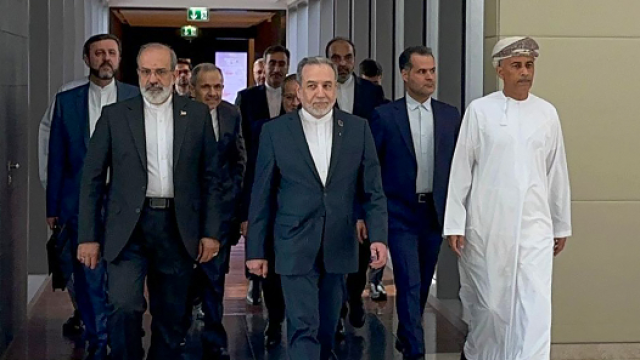






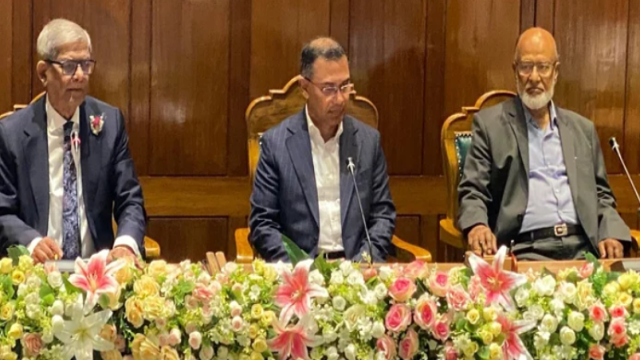



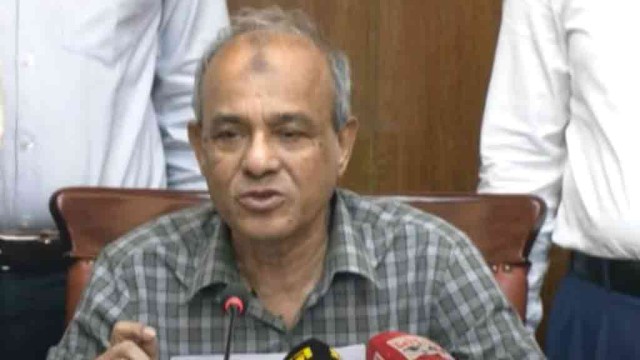











Comment: